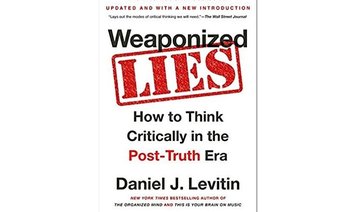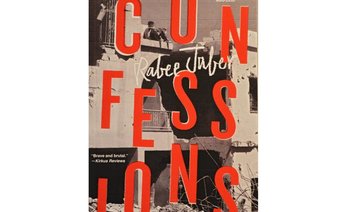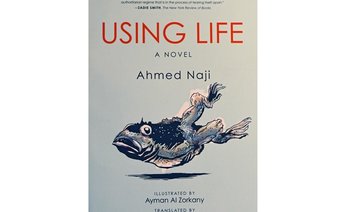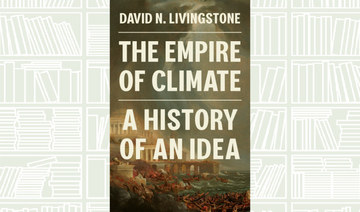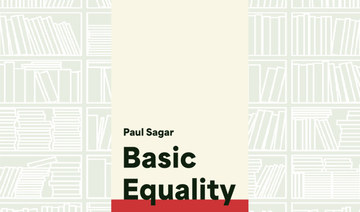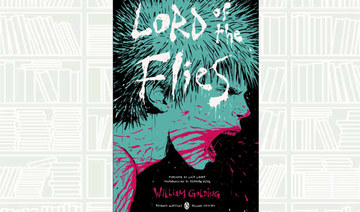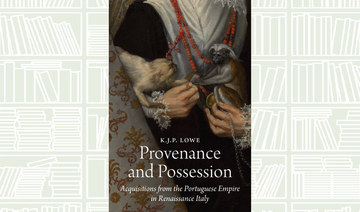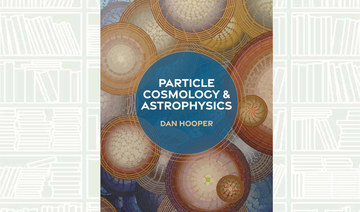In this book, award-winning BBC world affairs editor John Simpson looks back on a 50-year career which has seen him report on major world events, including the fall of the Berlin Wall, the revolution in Iran and the collapse of apartheid in South Africa. He weaves the tales of the greatest foreign correspondents with extraordinary accounts from his own lifetime. The subtitle also reminds us that Simpson has intended this book to “constitute a kind of a guidebook to the origin, development and practice of the foreign correspondent’s profession.”
The lifestyle of a foreign correspondent is often considered glamorous. He travels, stays in nice hotels and meets world leaders and celebrities. Simpson has acknowledged himself that although he had been attracted at first by this glamorous side of the profession, he very soon discovered that “the glamor vanishes the instant you try to reach out to touch it.” He had to wait far longer than he had expected to travel to all the places he was dreaming of. When he became a foreign correspondent, he discovered with dismay that he was sent to Ireland, certainly not the exotic destination he had in mind.
If many reporters study journalism, an equal number of people without a journalistic background land in journalism because they write well. In fact, some of the best journalists never studied journalism, and even if they had they might still lack the special qualities required to report from a war zone.
“Too much training, organization and filtering can’t be a good idea if the aim is to attract free spirits,” says Simpson, who never trained to be a journalist and describes journalism as “an odd-job calling” rather than a profession.
Journalism is the activity of gathering, assessing, creating and presenting news and information. It is interesting to notice that if most newspapers reflect the boss’s preferences, we also tend to buy the newspaper which matches our own opinion. However, at the end of the day, the most important point for a journalist is to be honest and sometimes even outspoken.
A foreign correspondent is a journalist based in a foreign country who regularly sends back news to the radio, TV, newspaper or agency he works for. According to Ethan Zuckerman, co-founder of Global Voices, a correspondent acts as a bridge between the foreign country and the place of publication. This description of the traditional foreign correspondent has, however, “become a species as endangered as the silver-backed gorilla. Nowadays, when you go to these places you are much more likely to find young men and women…renting a small flat in some cheap neighborhood while they strengthen their grasp of the local language and send back reports to as many different outlets as they can find,” writes Simpson
In their eye-opening book, “The World on a String,” Alan Goodman, John Pollack and CNN’s Wolf Blitzer say: “Young reporters need not spend years struggling in obscurity to land coveted foreign assignments. In fact, technological advances and cost-cutting at major media companies have created unprecedented opportunities for enterprising journalists to succeed abroad as freelance correspondents (or) stringers for newspapers, magazines, radio, television, wire services and Internet outlets.”
Discussing his book in a podcast interview with BBC History Extra, John Simpson acknowledges that since the invasion of Iraq in 2003 it has become more dangerous. “More journalists died then than I think just about any other time in the past. If you want to do a decent job, you’ve got to get close. And if you get in close, well, sometimes, you can get into trouble.”
Patrick Cockburn, one of the finest analysts and commentators on Middle Eastern politics, admitted that he had always thought that young and over-enthusiastic freelancers trying to make a name for themselves would be killed and not experienced journalists like Mary Colvin in Syria in 2012 and David Blundy in El Salvador in 1989. “In the event, it turned out to have been the veterans who lost their lives more frequently not because they made any great mistakes, but because they went to the well too often and got away with it so many times that they took one risk too many.”
But more often than one might think, it is the translator, the fixer or cameraman who take risks. Some of us remember “The Killing Fields,” a powerful film released in 1984 which recounts the harrowing ordeal of Dith Pran, the translator and fixer who worked for Sydney Schanberg of The New York Times in Cambodia. He saved Schanberg’s life and endured the horror of the killing fields. He was saved, after four years of torture, during the Vietnamese invasion of Cambodia and the demise of Khmer Rouge rule. Dith Pran escaped to the US where he was finally reunited with Sydney Schanberg and subsequently hired by The New York Times as a photographer.
“I have been close to death nine times — from bombs and bullets and once from a knife. Everywhere I’ve survived, I’ve got away with it. I think you have just to keep pressing on and being professional,” says Simpson, who tells readers the story of Abed Takkoush, a driver and fixer in Lebanon who was not as lucky. Takkoush was on an assignment with Jeremy Bowen, a BBC correspondent, on the border between southern Lebanon and Israel. He decided to stay in the car, while the other passengers got out to take pictures, when an Israeli tanker fired a shell toward the car and followed it with machine gun fire. Takkoush was killed instantly. Filled with guilt over his death, Bowen recalls in his book, “War Stories,” that he called out Takkoush’s name and received no answer. “Maybe he was hoping we would come and rescue him. If life was like a film I would have run up to him, bullets zinging off the gravel around me. I would have got to him and comforted him, and even if I had not saved his life he would not have had to die alone. But I decided I could not save him and that I had to save myself. The ending was not happy. Life is not a film.”
While writing this book, Simpson was surprised to discover that the profession of a foreign correspondent has changed little in the 400 years that the news business has been in operation. “What is extraordinary to me is that even the very first newspapers in the 1620s in England were recognizably like today’s…They had headlines and illustrations and corrections even…they are nearly recognizable (to) newspapers in the sense that we have them now.”
With the proliferation of fake news on the Internet, a growing number of people are searching for trustworthy news sources. A foreign correspondent — an eyewitness journalist with a deep knowledge of the country he or she writes about and the ability to captivate viewers and readers — is the guarantor of honest and unadulterated news.
Book Review: Working in a war zone
Book Review: Working in a war zone

What We Are Reading Today: A Monetary and Fiscal History of the United States, 1961–2021
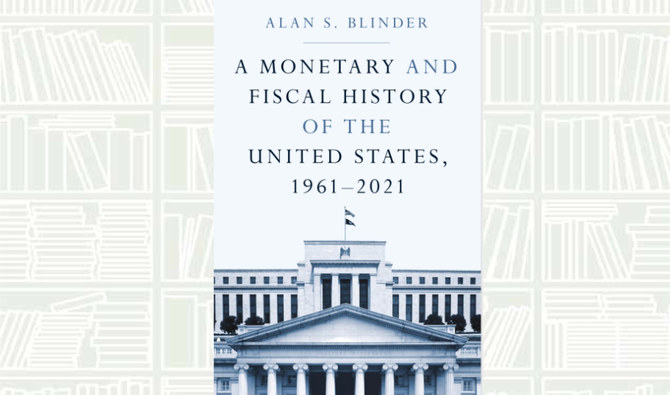
Author: Alan S. Blinder
In this book, Alan Blinder, one of the world’s most influential economists and one of the field’s best writers, draws on his deep firsthand experience to provide an authoritative account of 60 years of monetary and fiscal policy in the US. Spanning 12 presidents, from John F. Kennedy to Joe Biden, and eight Federal Reserve chairs, from William McChesney Martin to Jerome Powell, this is an insider’s story of macroeconomic policy that hasn’t been told before—one that is a pleasure to read, and as interesting as it is important.
Focusing on the most significant developments and long-term changes, Blinder traces the highs and lows of monetary and fiscal policy, which have by turns cooperated and clashed through many recessions and several long booms over the past six decades. From the fiscal policy of Kennedy’s New Frontier to Biden’s responses to the pandemic, the book takes readers through the stagflation of the 1970s, the conquest of inflation under Jimmy Carter and Paul Volcker, the rise of Reaganomics, and the bubbles of the 2000s before bringing the story up through recent events — including the financial crisis, the Great Recession, and monetary policy during COVID-19.
A lively and concise narrative that is sure to become a classic, A Monetary and Fiscal History of the United States, 1961–2021 is filled with vital lessons for anyone who wants to better understand where the economy has been—and where it might be headed.
What We Are Reading Today: The Empire of Climate
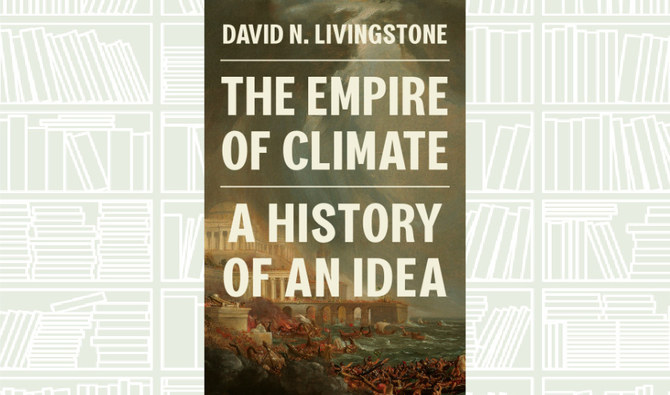
Author: David N. Livingstone
Scientists, journalists, and politicians increasingly tell us that human impacts on climate constitute the single greatest threat facing our planet and may even bring about the extinction of our species. Yet behind these anxieties lies an older, much deeper fear about the power that climate exerts over us.
“The Empire of Climate” traces the history of this idea and its pervasive influence over how we interpret world events and make sense of the human condition, from the rise and fall of ancient civilizations to the afflictions of the modern psyche.
Taking readers from the time of Hippocrates to the unfolding crisis of global warming today, David Livingstone reveals how climate has been critically implicated in the politics of imperial control and race relations; been used to explain industrial development, market performance, and economic breakdown; and served as a bellwether for national character and cultural
collapse.
REVIEW: Amazon Prime Video’s ‘Fallout’ takes gaming adaptations to next level
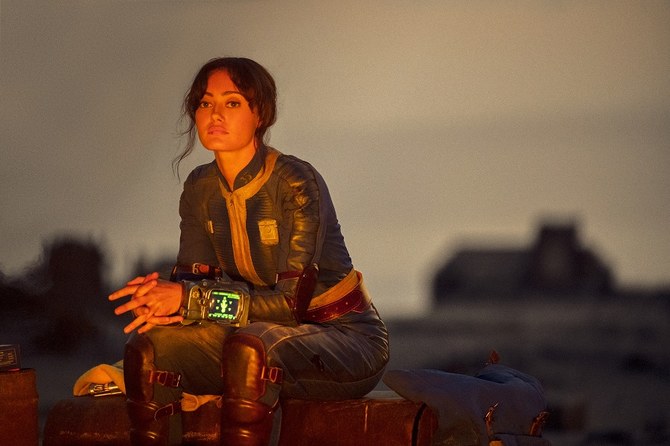
LONDON: Don’t say it too loud, but we might, finally, have reached the point when good TV adaptations of hit videogames become the norm, rather than the exception. Hot on the heels of “The Last of Us” and “The Witcher” comes “Fallout,” an eight-part series based on the post-apocalyptic world explored in the series of famed Bethesda games.
In an alternate future, with the world devastated by a global nuclear war, a community of wealthy individuals retreats to a series of underground vaults to ride out the fallout. Some 200 years later, wide-eyed vault dweller Lucy (Ella Purnell) is forced to leave the safety of her underground home when her father is kidnapped by raiders from the surface, kickstarting a journey that will not only make her confront the horrors of the unlawful society above, but also sees her meet a revolving door of eccentric (yet equally horrifying) characters along the way. Among these are Maximus (Aaron Moten), a squire in the militaristic Brotherhood of Steel, and The Ghoul (Walton Goggins), a terrifyingly mutated former actor now forging his way as a bounty hunter.
The key to the success of “Fallout” is that your enjoyment of the show is not dependent on whether or not the previous paragraph made any sense to you whatsoever. Rather, creators Graham Wagner and Geneva Robertson-Dworet, along with developers (and executive producers) Christopher Nolan and Lisa Joy have taken the wise decision to create a world wherein knowledge of the wider “Fallout” universe is a bonus, but not a prerequisite. So even if this is your first introduction to the world of Pip-Boys, gulpers and Vaulters, you won’t be penalized, and you certainly won’t feel like you’re missing out.
The world of “Fallout” is a gloriously gritty, bloody and savage one, but it’s also one of razor-sharp humor and fiendish satire — not least thanks to Goggins’ phenomenal turn as The Ghoul. Acerbic and frighteningly violent, The Ghoul is the very embodiment of the savage, unforgiving wasteland, and Goggins has a blast with perhaps the role of his career to date. Lucy is the polar opposite, and Purnell is equally as great as the naïve-yet-capable young woman entirely unprepared for the muck and murder she emerges into. Throw the two together with a razor-sharp, witty script and top-drawer production values and you have a show that’s about as much fun as you can have without a controller of your own.
What We Are Reading Today: Basic Equality
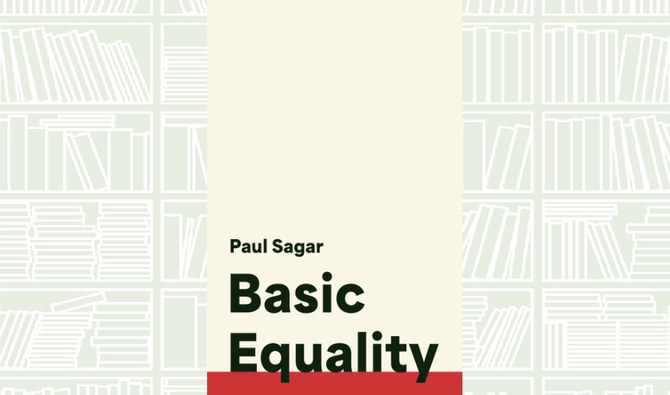
Author: Paul Sagar
What makes human beings one another’s equals? That we are “basic equals” has become a bedrock assumption in Western moral and political philosophy.
And yet establishing why we ought to believe this claim has proved fiendishly difficult, floundering in the face of the many inequalities that characterise the human condition.
In this provocative work, Paul Sagar offers a novel approach to explaining and justifying basic equality. Rather than attempting to find an independent foundation for basic equality, he argues, we should instead come to see our commitment to this idea as the result of the practice of treating others as equals.
Moreover, he continues, it is not enough to grapple with the problem through philosophy alone — by just thinking very hard, in our armchairs; we must draw insights from history and psychology as well.
What We Are Reading Today: ‘Lord of the Flies’
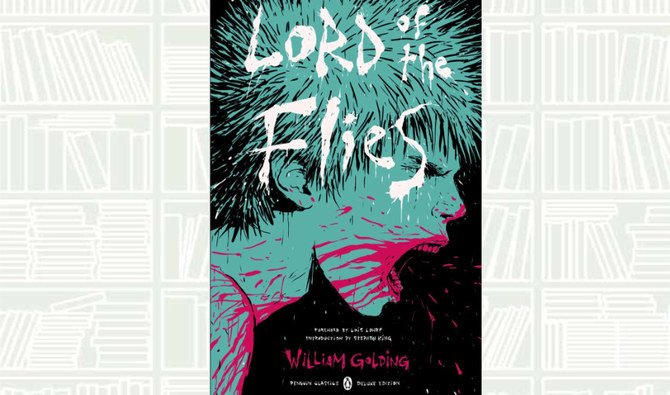
- The novel explores themes of human nature, civilization, power and the inherent darkness within individuals
Author: William Golding
“Lord of the Flies” is a coming of age novel by British novelist William Golding. First published in 1954, the title has since become a classic of modern literature.
It tells the story of a group of British boys who find themselves stranded on an uninhabited island after their plane crashes during a wartime evacuation.
The novel explores themes of human nature, civilization, power and the inherent darkness within individuals. As the boys struggle to survive and establish order on the island, their society gradually descends into chaos and savagery.
The title refers to a severed pig’s head, symbolizing the evil and primitive instincts that take hold of the boys.
The main characters in the novel include Ralph, a charismatic and responsible boy who tries to maintain order and establish a signal fire to attract rescuers; Jack, a power-hungry and savage boy who becomes the leader of a group of hunters; Piggy, an intelligent but socially marginalized boy who serves as Ralph’s adviser; and Simon, a quiet and introspective boy who experiences a deep connection with nature.
As the story progresses, the boys’ civilization erodes, and they succumb to their primal instincts, engaging in violence and tribal warfare.
“Lord of the Flies” explores the destructive potential of unchecked power, the loss of innocence, and the conflict between civilization and savagery.
The novel has always been subject to various interpretations and perspectives by different readers and scholars. Much of it has been analyzed through the lens of allegorical human nature, political and social commentary, and even Freudian psychology.
“Lord of the Flies” has left a lasting impact on literature and popular culture through its exploration of universal themes, and its enduring relevance in contemporary society.
Its portrayal of the human condition and the fragility of civilization continues to resonate with readers, making it a classic that is worthy of being read again.


